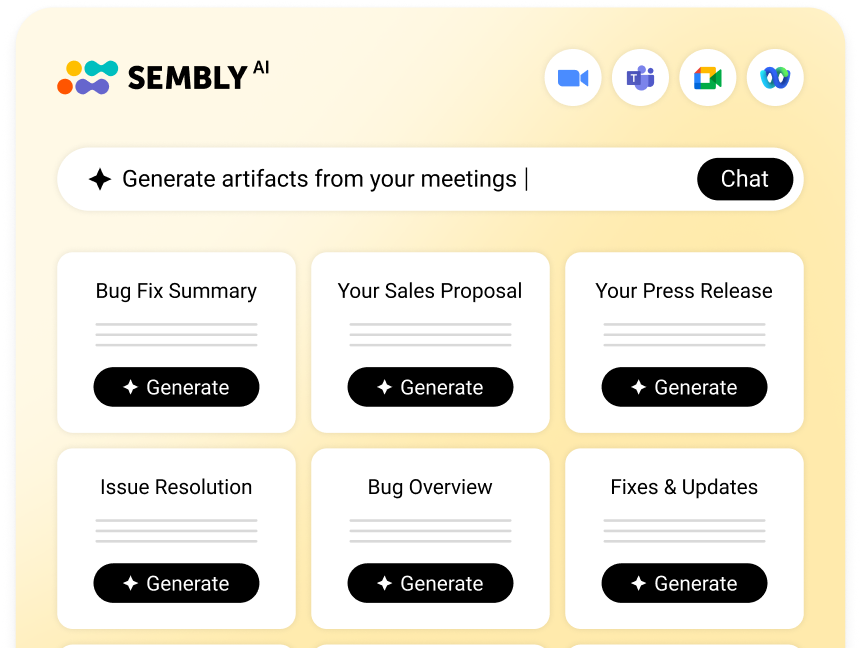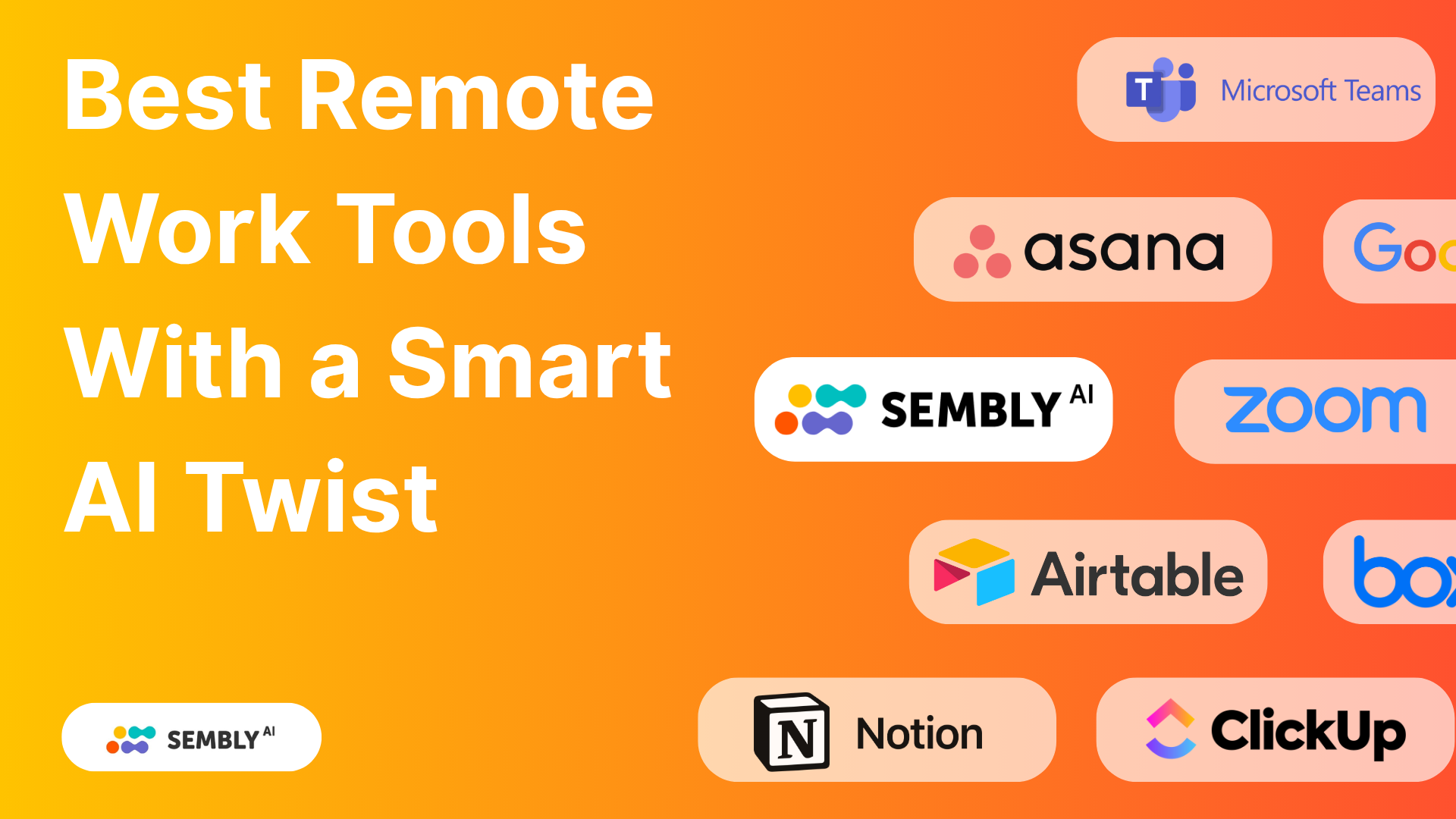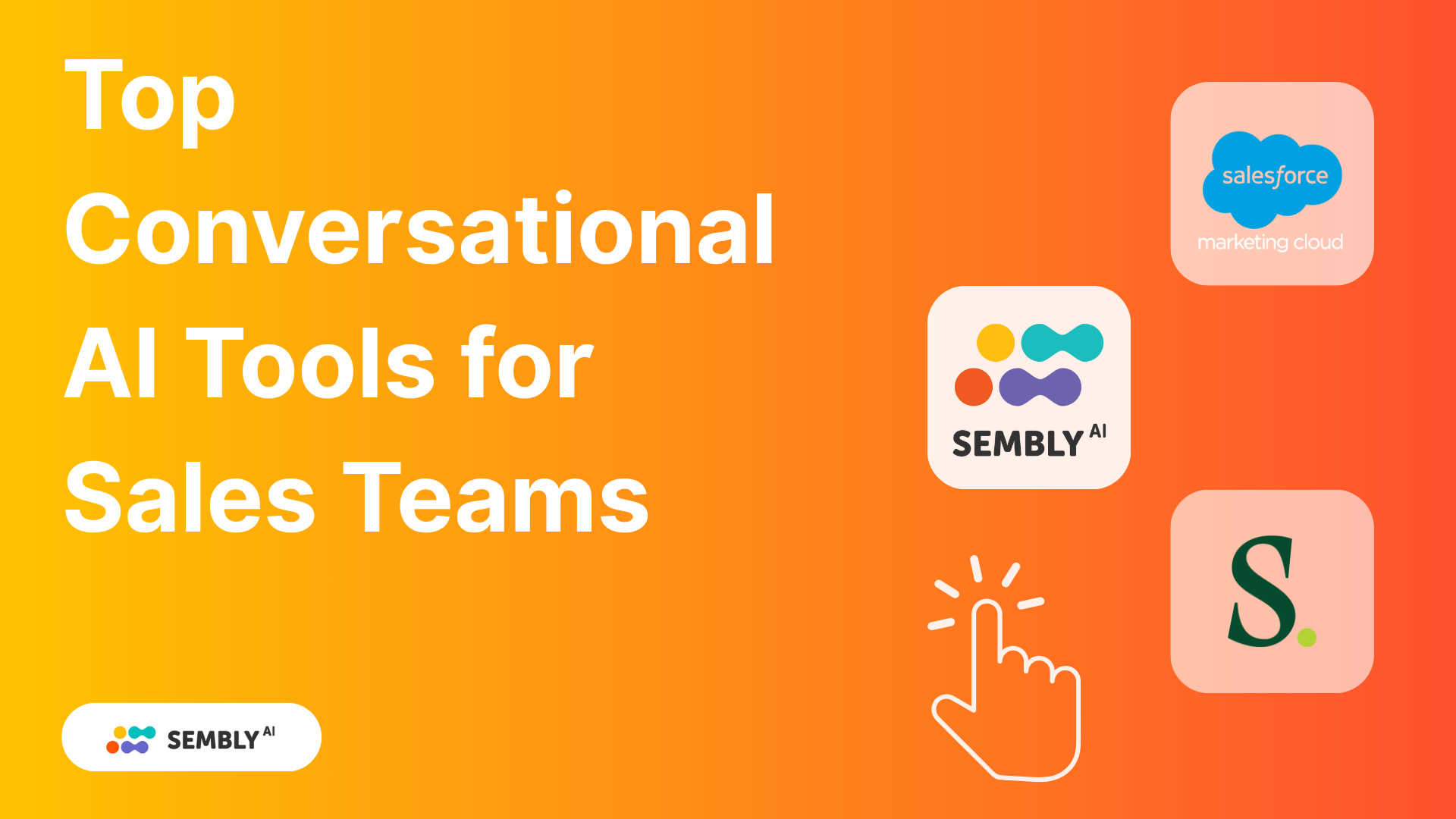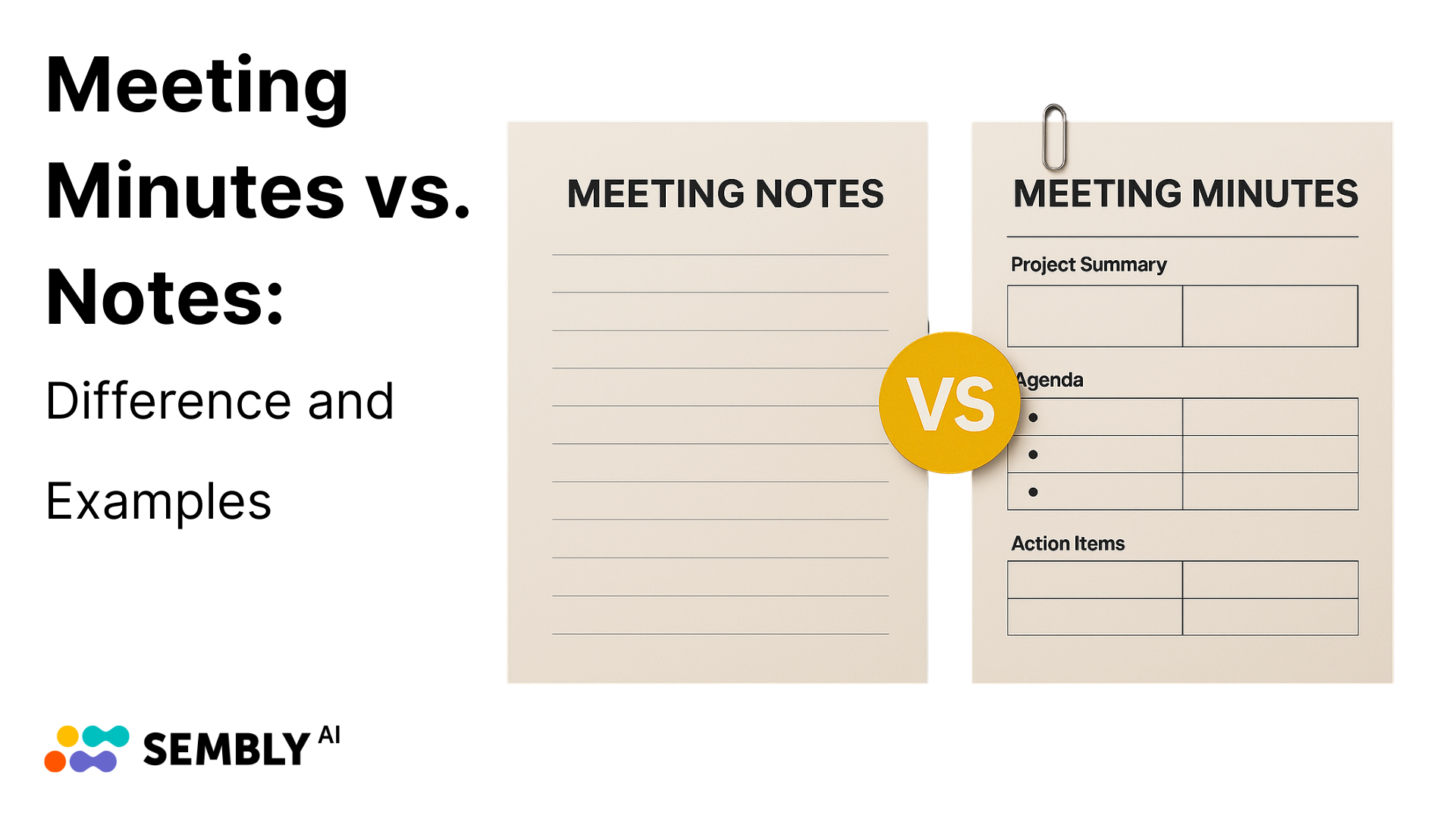Table of Contents
ToggleRecently updated on February 6th, 2025
Product management has become essential in various industries, helping companies research the market, develop specific solutions, and undergo cycles of improvement to ensure favorable outcomes. Given the significant role of product managers in business operations, companies now seek professionals who can fully commit to creating and maintaining top-notch AI-powered products and elevating the brand in a competitive market.
Artificial Intelligence has permeated the digital landscape, with product managers being an essential cog in this mechanism for companies whose products are based on AI. The ultimate success depends on the knowledge, adaptability, and creativity of AI PMs, placing this position in the spotlight.
Whether you are a PM looking to enhance your expertise or a brand seeking a suitable candidate for the AI PM role, this article will help you familiarize yourself with the topic. Read on to learn about AI product management, its importance in the current dynamic market, and other crucial things to consider.
What Is AI Product Management?
Traditional and AI product management share many functions and responsibilities. Each PM contributes to developing, launching, and supporting a product. This involves researching the market, mapping strategies, creating a product, rolling it out, collecting data and feedback, and improving. The key difference between the roles is that an AI PM position refers to working with products based on artificial intelligence.
AI offers many possibilities for businesses and their software solutions, such as personalized experience, automation, and functionality. However, it also adds numerous responsibilities to PMs, so PM experts must undergo rigorous training and know how to work with the tech to deliver an unparalleled user experience.
Why AI Product Management is Important in 2025
AI product management will be prevalent in 2025. As traditional PM becomes outdated—particularly in software development—keeping up with the market and gaining knowledge and experience in AI is paramount for long-term success.

Moreover, product management is vital in 2025 because it:
Drives business value
Companies rely more on AI to get a competitive advantage. It’s well-known that artificial intelligence provides efficient solutions, which, in turn, can increase a brand’s profits if leveraged correctly. In this sense, AI product managers are handy in aligning AI functionalities with business goals without rushing to adopt the newest AI solutions that might turn out inefficient.
Ensures seamless AI deployment
With AI emerging on the scene without established rules and guidelines, there is still a need to be wary of misusing the technology. Artificial intelligence product management experts ensure accountability, designing products that omit bias and multiple risks. This ensures that the final product complies with current and future regulatory standards while adhering to rules set and enforced by local authorities.
Bridges the gap between engineers and non-technical stakeholders
Companies are often composed of various departments, and it’s not uncommon for some of them to be unaware of how AI solutions work. AI product managers simplify tech processes and requirements into understandable implications for each organization member.

Manages rapidly evolving AI technologies
We’ve observed a rapid increase in AI adoption since the introduction of GPT models—for good reason. AI has proved to transform productivity and lead to global economic growth. AI product managers keep their hands on the pulse of the advancements, adapting products to the latest (and most relevant) technologies that are practical, promising, and beneficial to the company.
Mitigates associated risks
AI product managers also work with vulnerabilities, tracking and resolving issues and working toward minimizing risks related to AI applications. They also commit to adjusting models by working tightly with engineers and machine learning experts to ensure the products remain reliable, secure, and safe for users despite various conditions.
Skills Required for AI Product Managers
The range of skills an AI product manager must have depends on a business and its product. Outlining a software solution, target audience, and work scope helps identify what a manager needs to be a perfect fit for the company. Regardless, there are a few fundamental abilities a product manager must have to be able to manage the business and its AI-based tech.
Marketing and Cross-Functional Collaboration
A good AI product manager must know how to advertise a product so that it targets the ideal audience and drives traffic. The marketing domain is crucial to keeping the buzz around the tool and working with multiple departments to ensure efficient coordination. It’s also vital for managers to know how to collaborate with various teams, making the whole product lifecycle work flawlessly and quickly identifying and omitting eventual roadblocks.

Technical Understanding of AI and its Subsets
A competitive manager must have a thorough understanding of artificial intelligence and its subsets, including but not limited to machine learning, NLP, and computer vision. This is not to say that managers must have a background in data science or ML analysis. However, a skilled individual understands model training, data requirements, performance metrics, and deployment practices and can easily communicate with the tech department to understand challenges and risks, finding effective workarounds to mitigate them.
UI and UX for AI products
A skilled manager primarily works with product applications and user experiences, focusing on the product’s practicality and functionality for users. Therefore, managers must develop intuitive, friendly, and navigable interfaces, leading to transparent and satisfactory experiences. A proficient manager allocates resources for surveys and feedback collection, analyzes user experiences against market demands, and develops a long-term update plan to keep the product in use and favored.
Other essential skills are shown in the table below:
| Skill | Strategic thinking | Data literacy | Ethics & compliance | Problem-solving orientation | Customer empathy |
| Description | Defining AI strategies that align with business objectives, focusing on competitive advantage and customer value. | Proficiency in understanding data structures, quality, and their impact on AI model performance and insights. | Fairness, transparency, and regulatory standards. | Dissecting complex challenges to determine when and how AI can drive meaningful solutions. | Anticipating and addressing user needs, ensuring AI products offer clear value, and enhancing user experiences. |
| Industry-specific insights | Guides prioritization of AI features and innovations based on ROI and strategic differentiation. | Enables collaborative data assessment with engineering teams to optimize model accuracy and reliability. | Ensures compliance and enhances corporate reputation. | Identifies AI roles in specific workflows and workstreams, leading to ultimate efficiency. | Focuses on striking designs and reduced frictions in adoption. |
| Impact on AI product | Ensures AI for product management is technically feasible and strategically impactful. | Improves model performance and high-quality data. | Reduces ethical risks and focuses on responsible AI use. | Fosters practical AI solutions that target real business/user pain points. | Promotes user-centric design and increases product engagement. |
Understanding AI Technologies
AI-based products rely predominantly on machine learning, natural language processing, and computer vision. Here is what aspiring AI product managers must understand to develop, launch, and support products with extensive longevity:
Machine Learning (ML)
Machine learning is pivotal to the AI-powered product’s success. Managers must know supervised, unsupervised, and reinforcement learning models and how they learn from data to make predictions or classify information.
Natural Language Processing (NLP)
NLP revolves around the building blocks named tokenization, stemming, lemmatization, and part-of-speech tagging. More profound PMs must also be able to do sentiment analysis to extract critical data that can serve as the basis for further product development.
Computer Vision and AI-Powered Decision-Making
More products now lean toward applying computer vision, which enables machines to interpret visual data, such as images, objects, and faces. Collecting multimodal data enlarges data sets and allows managers to make informed decisions.
Transforming Software Product Management with Artificial Intelligence and Machine Learning

AI-driven insights, automation, and personalization allow managers to better approach traditional challenges–like customer understanding, feature prioritization, and product launch strategies. With more and faster data collected thanks to AI and ML, businesses can make better decisions, especially when improving internal communication and workflows. Besides automating market analysis and competitor benchmarking, you can upgrade your company from the inside with Sembly.
Sembly by Sembly AI is an AI teammate that attends your meetings along with your team and uses information from your meetings to help you make accurate decisions and projections much faster.
Sembly’s AI-driven predictive models help product managers efficiently sift through company discussion history and follow-ups and come up with universally agreed solutions. Besides analyzing, the AI-powered chat can generate complete document artifacts and shareable notes, giving a comprehensive breakdown of past and present meetings, action items, and milestones, setting effective KPIs for ongoing success.
Personalized reports and tailored recommendations from meeting/discussion logs will also support AI product managers. With well-structured, accurate information, you can get insights into particular discussion areas, drawing efficient conclusions while impacting users and enhancing product reliability.
Challenges in AI Product Management
Data quality and availability
AI products rely on large data blocks, but the problem is that collecting and annotating relevant data is pricey and time-consuming. This is the first tradeoff skilled AI product managers must be good at–to know which model (more expensive but time-demanding or cheaper but more generic) fits best in a particular context.
Data shifts are another challenge. As market trends, tech development, and user behavior change, AI models a product uses lose accuracy and must be replaced or perfected immediately.
Ethical concerns and bias in AI
The use of data by AI models must be transparent, explainable, and justified by a manager, both to stakeholders and customers. Models can have biases and result in outcomes that raise public concern, and a manager is the first person who must resolve an issue.
Navigating evolving regulatory landscapes
Regional regulations vary, but AI product teams must comply with them all. Unlike Sembly and its robust data governance practices, many companies fail to ensure their products meet regional requirements, primarily when using AI models and private data collection and processing. This non-compliance can often lead to severe penalties and reputational damage, negatively impacting AI-powered products and their data handling and model training methods.
AI Product Metrics and KPIs

The framework for establishing AI product metrics and KPIs varies depending on the product, teams involved, budget, tools used, etc. However, they can be roughly broken down into five relevant segments:
- Model performance metrics;
- User engagement and adoption;
- Operational efficiency;
- Ethical and compliance metrics;
- Business impact and ROI.
AI Product Management Tools
The entire AI product lifecycle management undergoes a few stages, such as developing, launching, and maintaining, requiring tools for successful collaboration, execution, and tracking. A professional AI product manager uses:
- Data management and preparation tools for labeling, cleaning, and preprocessing
- Experiment with tracking and model management software for monitoring and deploying
- Product analysis and user insights for tracking user behavior and validating features
- Project management and collaboration tools for organizing tasks and maintaining documentation
- Visualization and reporting for creating visual reports and assessing operational metrics

Based on ongoing discussions with subordinates, shareholders, and clients, The Semblian 2.0 extension of Sembly provides hyper-personalized information for your input, such as product deliverables and document analysis, providing straightforward outputs to stakeholders and teams.
Semblian 2.0 also proves valuable in many other applications. As an AI product manager, you can leverage Sembly and its chat assistant to improve marketing strategy, get project status reports, revise and update backlogs, and create in-depth, custom sales proposals. You can strengthen communication and documentation by referring to any past meeting and action item by written input.
Future Trends in AI Product Management

AI and product management will coexist, with experts putting more effort into assessing and minimizing bias. Product managers working with AI will also focus on building products that deliver personalized user experiences and refining recommendation systems, content, and advertising techniques. Experts will factor in behavioral and contextual data to improve customization, applying user behavior insights to adjust experiences.
Additionally, AI-powered tools will become in higher demand, helping product managers automate tasks such as roadmap creation, timeline prediction, and resource allocation–things Sembly AI is already performing.
Finally, advanced analytics and deep insights will become more prevalent, enabling experts to make data-driven decisions faster. With rapidly evolving artificial intelligence and parent technologies, it’s vital to keep a close eye on the industry and be ready to integrate promising tools to take advantage, thus rebuilding approaches and securing long-term success.
FAQs
Is it difficult to become an AI product manager?
It might not be easy because of the need for a diverse skill set, including a solid understanding of AI technologies, data analytics, and traditional product management principles. Plus, candidates must often have experience working with cross-functional teams, relaying information between engineering teams and shareholders.
What makes an AI product management position sought-after?
AI product management positions are in high demand because of AI’s rapid growth and adoption rates. AI gives a competitive advantage, making the position prestigious and well-paid. Coupled with innovative projects, these all add to the role’s attractiveness.
Why is AI changing the product management industry?
Like any other field affected by AI, product management witnesses tremendous benefits from the tech and its efficiency. AI gives PMs deeper insights into customer behavior and preferences while streamlining processes and increasing team productivity.
What does an AI product manager do?
An AI product manager is responsible for defining the vision and product strategy, ensuring it meets user needs and business goals. Their responsibility scope also extends to traditional PM duties, making this position more challenging.
Is an AI Product Manager position more technical than a Traditional Product Manager?
Yes, an AI product manager role is generally more technical. Although both positions share a list of required skills, product management for AI must also specialize in artificial intelligence, machine learning, computer vision, and data analysis.
Introducing Semblian 2.0
Introducing Semblian 2.0
- Multi-meeting chats
- AI Insights
- AI Artifacts









